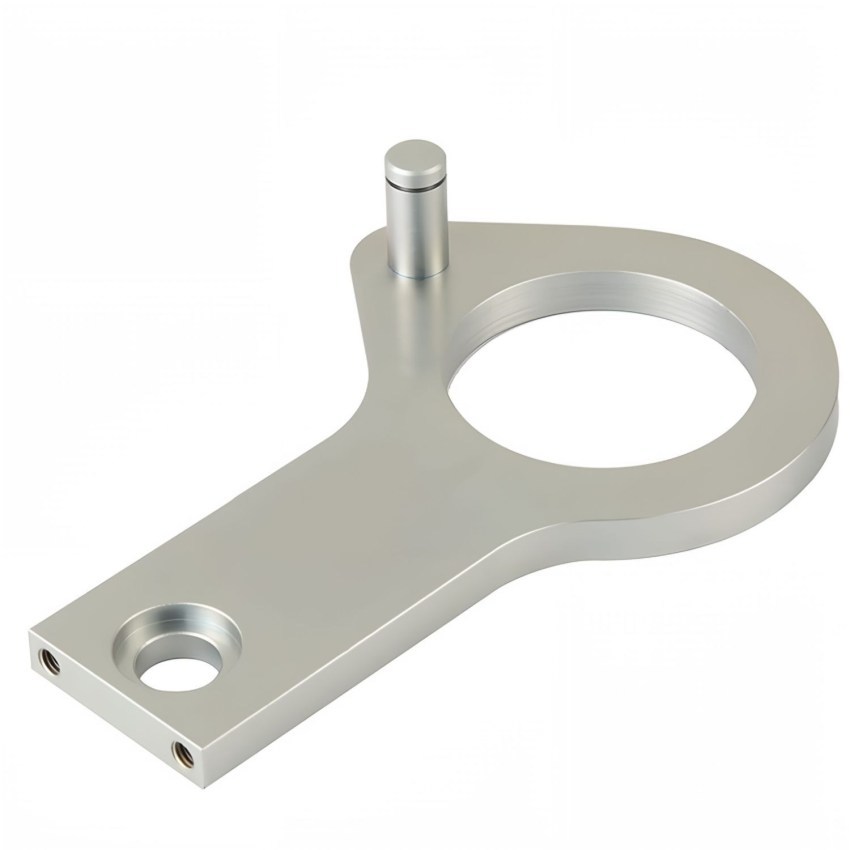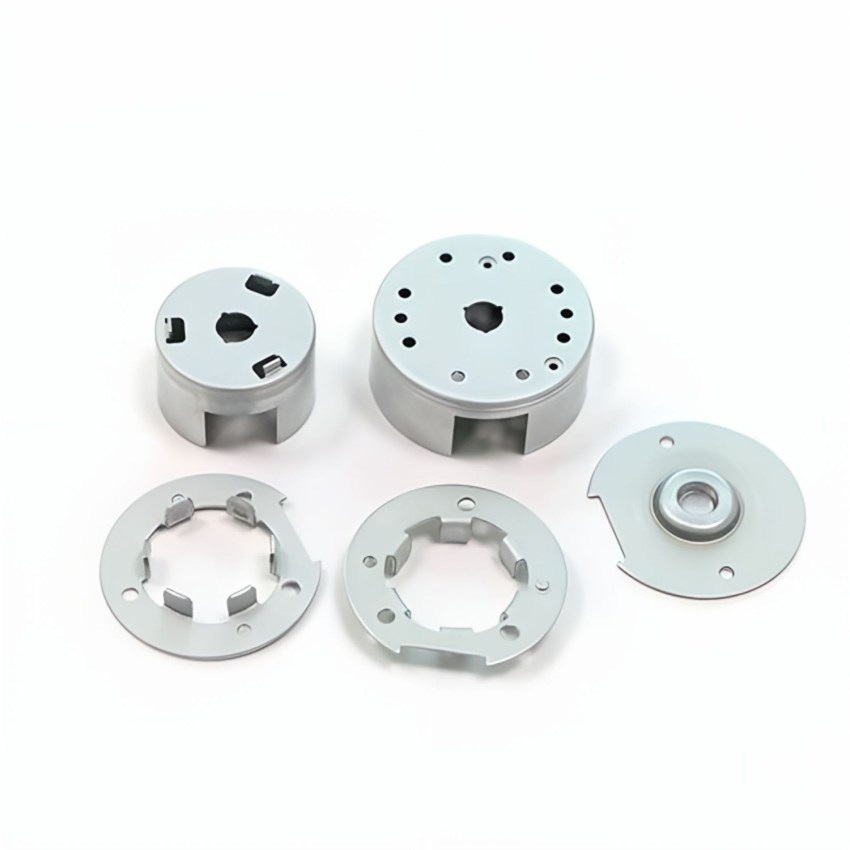The Revolution of Precision CNC Machining Parts in Modern Manufacturing
Release time:
2025-03-12
Precision CNC machining parts play a critical role in the manufacturing industry, particularly in mechanical hardware and component processing. By utilizing Computer Numerical Control (CNC) technology, manufacturers can produce parts with exceptional accuracy and consistency, making them indispensable in various applications ranging from aerospace to automotive and beyond. One of the primary advan

Precision CNC machining parts play a critical role in the manufacturing industry, particularly in mechanical hardware and component processing. By utilizing Computer Numerical Control (CNC) technology, manufacturers can produce parts with exceptional accuracy and consistency, making them indispensable in various applications ranging from aerospace to automotive and beyond.
One of the primary advantages of precision CNC machining is its ability to create complex shapes and designs that would be nearly impossible to achieve with traditional machining techniques. CNC machines operate based on programmed instructions, allowing for intricate detailing and fine tolerances that ensure parts fit together perfectly. This precision not only improves the functionality of the components but also reduces the likelihood of defects, leading to lower waste and higher overall productivity.
Moreover, the versatility of CNC machining enables manufacturers to work with a wide array of materials. From metals like aluminum and steel to plastics and composites, precision CNC machining can accommodate different specifications, making it suitable for a vast range of applications. This adaptability is essential in industries where material properties play a crucial role in product performance.
Another significant benefit is the efficiency gains that come from automated machining processes. CNC machines can operate continuously, often requiring minimal human intervention once programmed, thereby reducing labor costs and increasing throughput. This automation also means that parts can be produced at a much faster rate than traditional methods, allowing manufacturers to meet tight deadlines and respond quickly to market demands.
Quality control is another area where precision CNC machining excels. Advanced monitoring systems can detect deviations from desired specifications in real time, ensuring that the parts produced meet strict quality standards. This level of control is vital for industries where safety and reliability are paramount, such as medical devices and aerospace components.
In summary, precision CNC machining parts are at the forefront of modern manufacturing, offering unparalleled accuracy, versatility, and efficiency. By leveraging technology to produce high-quality components, manufacturers can optimize their processes and drive innovation across various sectors. As the industry continues to evolve, the importance of precision CNC machining will only grow, solidifying its status as a cornerstone of manufacturing excellence. Embracing this technology is not just a trend; it is an essential strategy for staying competitive in an increasingly demanding marketplace.
One of the primary advantages of precision CNC machining is its ability to create complex shapes and designs that would be nearly impossible to achieve with traditional machining techniques. CNC machines operate based on programmed instructions, allowing for intricate detailing and fine tolerances that ensure parts fit together perfectly. This precision not only improves the functionality of the components but also reduces the likelihood of defects, leading to lower waste and higher overall productivity.
Moreover, the versatility of CNC machining enables manufacturers to work with a wide array of materials. From metals like aluminum and steel to plastics and composites, precision CNC machining can accommodate different specifications, making it suitable for a vast range of applications. This adaptability is essential in industries where material properties play a crucial role in product performance.
Another significant benefit is the efficiency gains that come from automated machining processes. CNC machines can operate continuously, often requiring minimal human intervention once programmed, thereby reducing labor costs and increasing throughput. This automation also means that parts can be produced at a much faster rate than traditional methods, allowing manufacturers to meet tight deadlines and respond quickly to market demands.
Quality control is another area where precision CNC machining excels. Advanced monitoring systems can detect deviations from desired specifications in real time, ensuring that the parts produced meet strict quality standards. This level of control is vital for industries where safety and reliability are paramount, such as medical devices and aerospace components.
In summary, precision CNC machining parts are at the forefront of modern manufacturing, offering unparalleled accuracy, versatility, and efficiency. By leveraging technology to produce high-quality components, manufacturers can optimize their processes and drive innovation across various sectors. As the industry continues to evolve, the importance of precision CNC machining will only grow, solidifying its status as a cornerstone of manufacturing excellence. Embracing this technology is not just a trend; it is an essential strategy for staying competitive in an increasingly demanding marketplace.
Key words:




